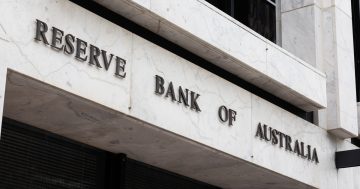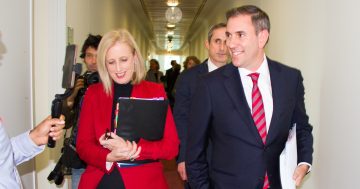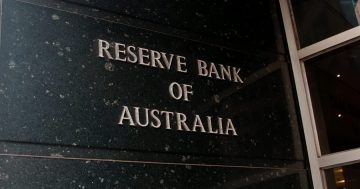In a recent review of the future of the RBA, it was suggested that the current board may be at risk of groupthink. Philip Bish* explains what exactly groupthink is.
 The RBA’s recent decision to raise official interest rates for the 11th time in the past 12 months, came as a surprise to many.
The RBA’s recent decision to raise official interest rates for the 11th time in the past 12 months, came as a surprise to many.
With inflation now at 7.0 per cent (down from its peak of 7.8 per cent), many believed that interest rates were already high enough for inflation to steadily move back towards its target range of 2 – 3 per cent.
In addition, some felt that the mortgage stress already in the market, combined with the imminent materialisation of the mortgage cliff (where 880,000 mortgages move from fixed rates to variable), would already significantly slow the economy.
Given the real impact that rate hikes have on many households, some may question whether the RBA board is best set up to make the right decisions on behalf of everyone.
There is of course no denying that the decision on rates is complex, as there are a lot of factors to consider, but the question as to whether the RBA board is comprised of the right type of people for such a decision, is certainly a fair one.
The RBA review
In the recent review of the RBA, there were a number of recommendations made as to how the RBA could best function in the future.
One recommendation was to change the composition of the board to be more diverse, and to include six external economic experts.
There would also be two boards; one to set the cash rate, and one for governance.
The report also made several references to the danger of ‘groupthink’ at the RBA, as many staff members felt that there were incentives to express views that aligned with senior leaders.
One stakeholder said, “As an observer, it would appear to me that the RBA has an insular culture that is not particularly open to ideas from outsiders and is prone to groupthink”.
So, what is groupthink?
Groupthink
Groupthink occurs when members of a group, out of a desire for harmony and conflict minimisation, reach a consensus decision without critical evaluation of consequences or alternative viewpoints.
The outcome is often poor decision making.
The term ‘groupthink’ was coined by Yale professor Irving Janis, who studied the phenomena in the disastrous Bay of Pigs invasion in 1961.
The Bay of Pigs invasion happened in the early days of JFK’s presidency.
The goal of the operation was for the CIA to assemble a force that would land at the Bay of Pigs in Cuba, and then go on to topple Fidel Castro’s government, which had become allies with the USSR.
After a year of planning, the invasion went ahead, but it soon turned into a disaster as two US ships were sunk, two were turned around, more than 140 were killed, and 1200 of the invading forces were rounded up and taken to Cuban prisons.
In reviewing the fiasco, it was found that almost everything in the operation went wrong.
For example, the operation had been leaked, thus ruining the element of surprise.
In addition, the CIA analysts hadn’t realised that there were coral reefs in the Bay of Pigs, making the landing difficult.
There was also the issue that the sunken ships held the ammunition needed for the operation, and the CIA had greatly underestimated Castro’s forces and his popularity amongst his people.
Kennedy later said, “There were 50 or so of us, presumably the most experienced and smartest people you could get, but five minutes after it began to fall in, we all looked at each other and asked, ‘How could we have been so stupid?’”
So, what went wrong with the planning?
Planning
The first issue was that they found that the decision-making committee was all made up of like-minded people, and there was little diversity.
Though some members harboured private doubts, they never spoke up, partly out of fear of being labelled soft or undaring in the eyes of their colleagues. And those that did provide dissenting voices, such as Arthur Schlesinger and Senator William Fulbright, were ignored and marginalised.
However, one good thing that came out of the Bay of Pigs disaster, was that JFK never made the same decision-making errors again.
In addition, ‘Groupthink’ was coined as an idea, and today decision-making teams all around the world can benefit from the lessons learnt.
The RBA
So, is the RBA guilty of Groupthink? Quite possibly yes.
However, the challenge will be to ensure that the new team of assembled experts don’t also fall into the same groupthink errors.
Investors can also fall into groupthink, especially if they are surrounded by like-minded investors.
The way to avoid groupthink is the same for everyone, whether it be investors, the RBA or the local shire council:
- Have a diverse team of thinkers.
- Evaluate all ideas critically.
- Engage in open discussions, and never shoot the messenger.
- Play the devil’s advocate, and always be willing to challenge a decision.
*Philip Bish assists in the coverage across the ASX, Exchange Traded Funds (ETFs) and Listed Investment Companies (LICs) at InvestSMART.
This article first appeared at investsmart.com.au









